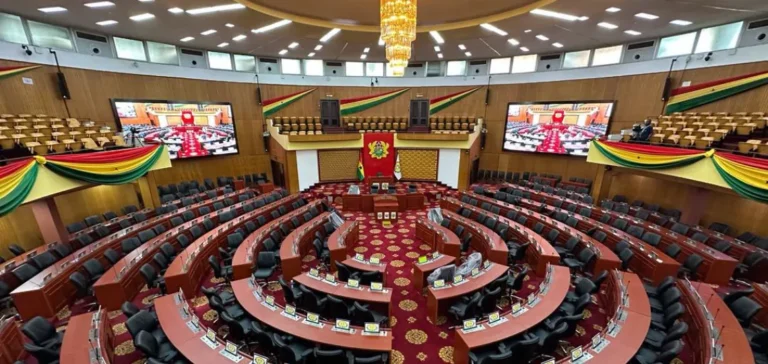Ghana is adopting an energy strategy centred on increasing the use of domestic natural gas in electricity production, according to a report published by consulting firm Deloitte. This reform, included in the 2026 Budget, plans for a gradual replacement of imported fuels with locally extracted gas, with the goal of reducing generation costs by up to 75%.
Titled “Gas-to-Power Transformation”, the strategy aims to lessen the country’s dependence on petroleum products used in thermal power plants. In 2023, Ghana generated 24,264 GWh of electricity, with 61.53% coming from thermal power, mainly fuelled by fuel oil and light crude oil, according to data published in December 2024. Hydropower accounted for 37.86% of the total, while other renewable sources contributed only 0.61%.
Increase in domestic gas supply
The success of this reorientation relies on increasing output from national gas fields. In 2025, combined production from the Jubilee and TEN fields rose from 110 to 130 million standard cubic feet per day (MMscfd). The OCTP project, operated by ENI and Vitol, also increased its processing capacity from 240 to 270 MMscfd. Additional agreements were signed to secure the delivery of 150 MMscfd dedicated to power plants.
This shift to gas is part of a budget rationalisation effort in a sector that heavily burdens public finances. Gas, being less expensive than imported petroleum products, is intended to support a progressive transition of power plants toward a more accessible and financially sustainable energy source.
Growing pressure on public finances
The International Monetary Fund (IMF) expects the structural deficit in Ghana’s energy sector to reach $2.2bn by the end of 2025. The 2025 Budget allocated GHS27.1bn (about $1.7bn) to address this shortfall, linked to high production costs and accumulated sector arrears.
Revenue from oil and gas operations is also underperforming. Between January and September 2025, these revenues reached only GHS5.9bn ($530mn), less than half of the projected GHS12.4bn ($1.116bn).
Regulatory uncertainties remain
Deloitte nonetheless highlights several uncertainties regarding the implementation of the programme. Infrastructure delays, limited reliability of gas supply, and unclear financing mechanisms could hinder expected outcomes. The report stresses the need for the government to guarantee all gas-related commitments, especially the steady delivery of 70 MMscfd to power stations, considered essential for reducing the sector’s structural debt and stabilising long-term costs.






















